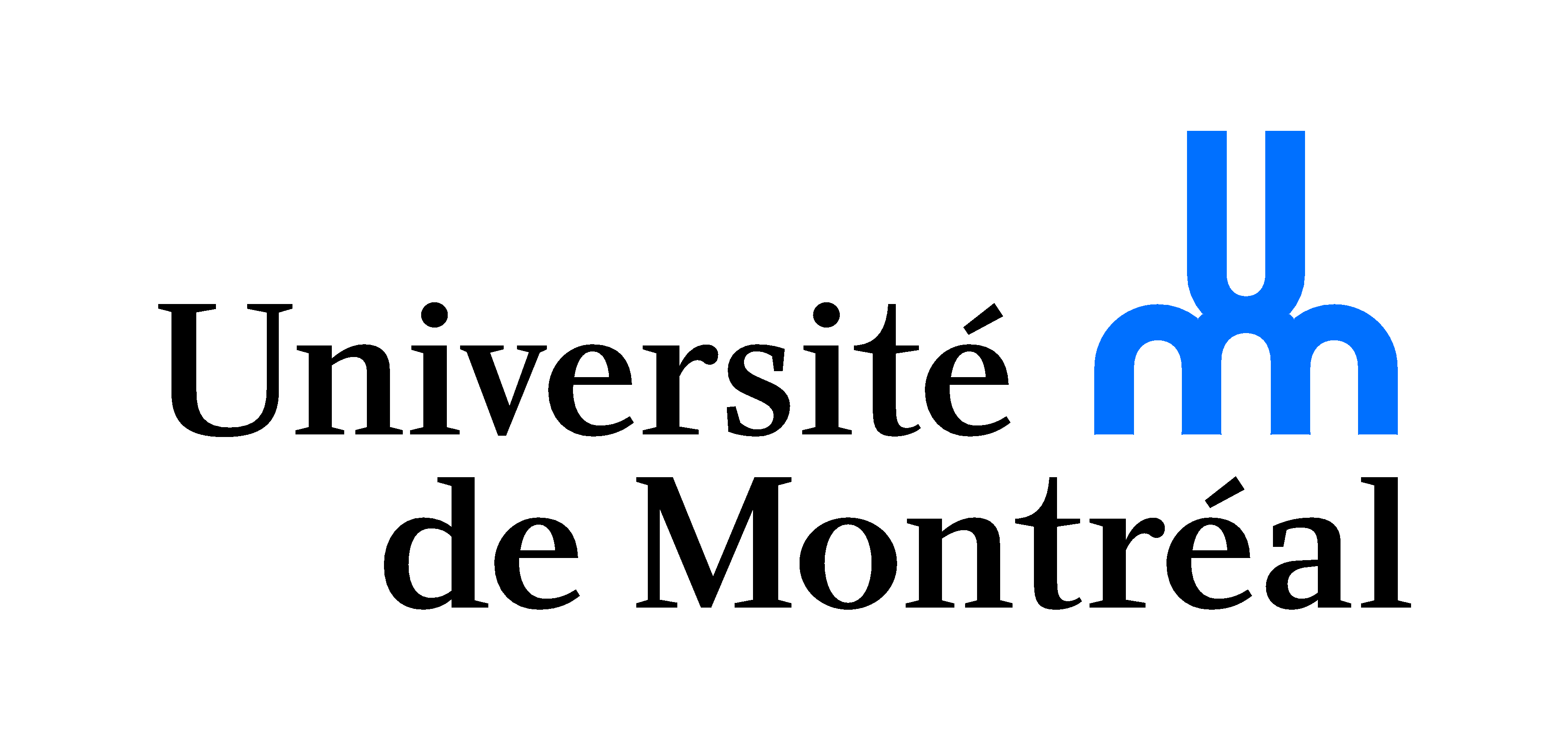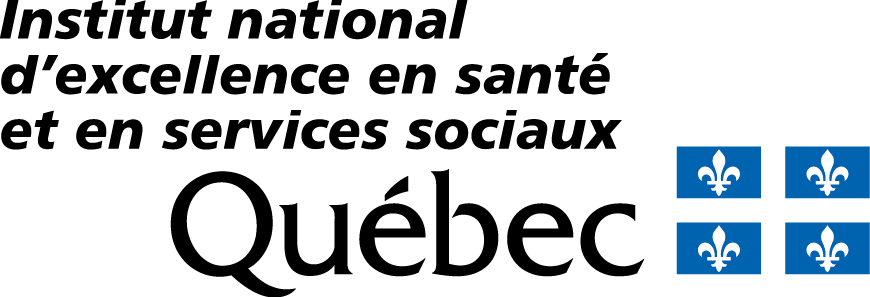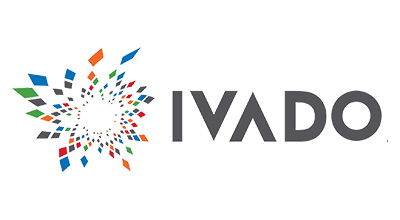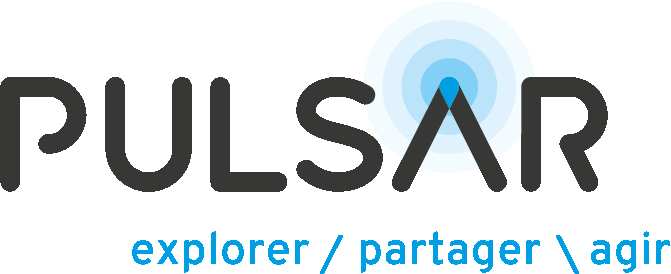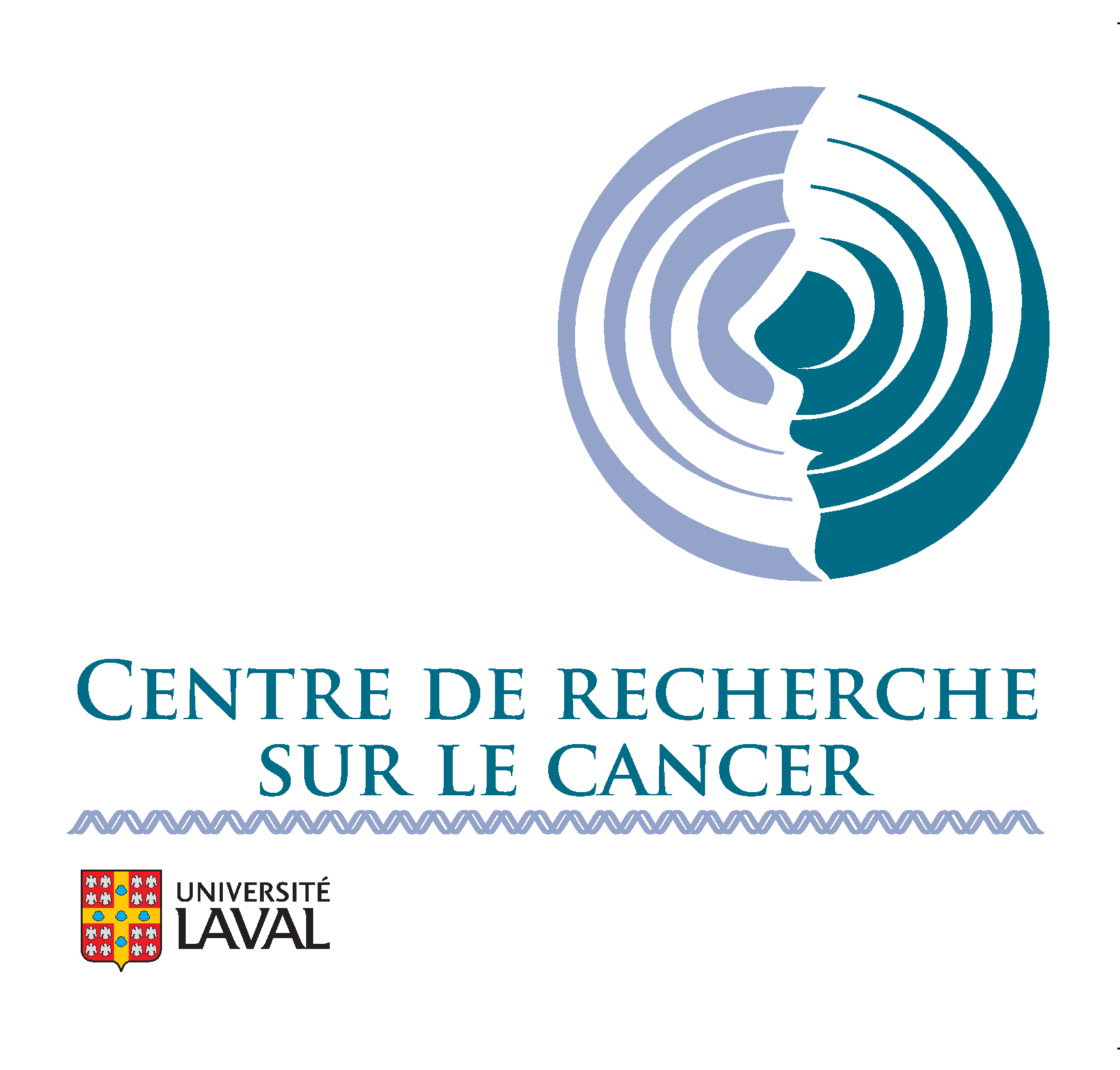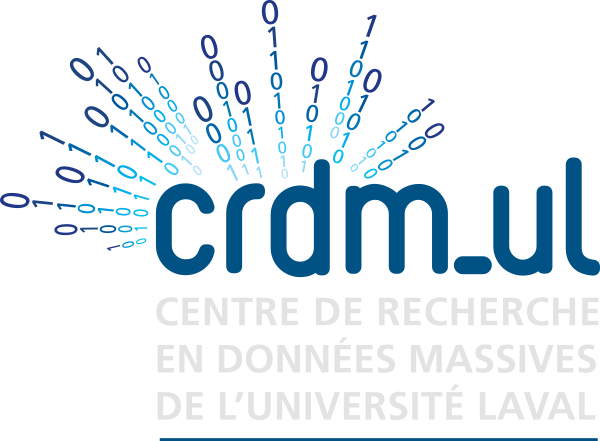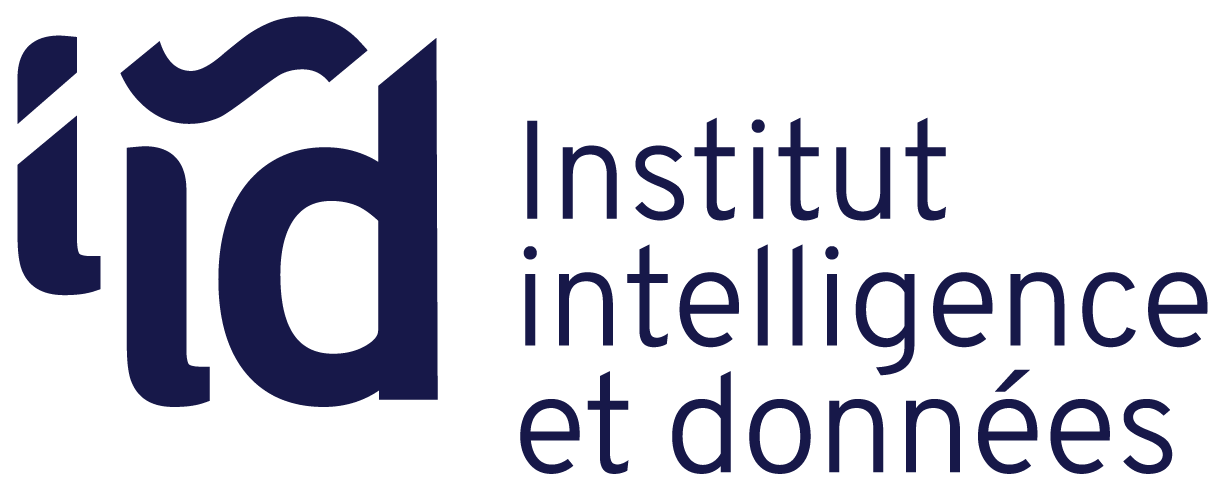About us
The RHHDS program, at the interface of computer science, medicine, public health, law and ethics, aims at training highly qualified personnel in a critical sector: data science in heath and healthcare. These specialists will tackle problems across the entire data lifecycle, from capture to analysis, in both the public and private sector.


